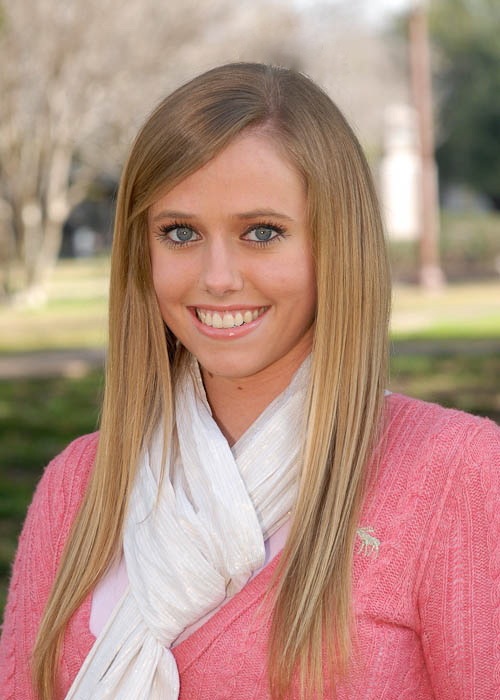
This week, we continue our alumni profile series by hearing from Mark Firmin, B.A. ’06, M.A. ’08. Thank you so much, Mark, for sharing your experience with us!
MYM: What led you to consider pursuing your current field of work?
Mark Firmin:
Like many young professionals today, my career experience is shaped by the economic recession that ravaged the country during 2008 and 2009. At the time, I was planning on pursuing a doctoral degree in History. As the economy came crashing down, I realized that few programs were going to offer funding and that the job market would be saturated with both new PhDs as well as seasoned professionals, who were either let go or delaying retirement to recover the money that hemorrhaged from their 401(k)s or other retirement programs. Wanting to use my degrees and stay active in Public History, I opted to pursue a second masters in archival enterprise (Master of Science in Information Studies) at the School of Information at the University of Texas at Austin. Coupled with my M.A. in History, an M.S.I.S. would make me a competitive candidate in a closely related field within two years. As an archivist, I assist others in discovering their roots, solving the riddles of history, help communities establish an identity, and businesses and institutions reflect on their heritage and progress. Archives not only afford me a great opportunity to interact with the public, but also to advocate for the importance of open records legislation and transparency in government and business. Although I have only been a professional for a short time, I find the words inscribed on Pat Neff Hall to ring true: “The preservers of history are as heroic as its makers.”
MYM: What is your educational background?
Mark Firmin:
I hold a B.A. (2006) and M.A. (2009) in History from Baylor University, an M.S.I.S. (2011) from the University of Texas at Austin, and am a Certified Archivist (C.A. in 2012) through the Academy of Certified Archivists.
MYM: What do you feel has best prepared you for your work?
Mark Firmin:
As corny as it sounds, a willingness to work hard and seize opportunities when they come have helped me more than anything else. While in graduate school, an opportunity arose to have a work published. I took the initiative, spoke to a professor and ultimately got my thesis on Cameron Park in Waco published. This experience boosted my confidence, taught me how to work both independently as well as part of a team, and drastically improved my research, writing and analytical skills.
The relationships I have forged and maintained with my professors has certainly been beneficial. I relish the opportunities I get to listen and learn from them and their experiences. For instance, it was through conversations with a professor at a Baylor that I learned about School of Information at the University of Texas at Austin and first considered archives as a viable career option. Being involved in professional organizations has helped me to network and gain leadership experience. Finally, volunteering at local archives in Austin was immensely helpful and provided great experience.
MYM: Please take us through a typical day.
Mark Firmin:
As the Congressional Collections Archivist at the Dolph Briscoe Center for American History, my day consists of working to appraise, arrange, describe, preserve and make accessible congressional collections for researchers now and generations to come. This work involves the creation of electronic finding aids using standards such as Encoded Archival Description (EAD), Describing Archives: A Content Standard (DACS), and Machine Readable Cataloging (MARC). The finding aids are placed online in various locations, increasing the chances that remote and local users will find us and the information they need. I work to ensure that the records available to the public do not violate privacy, confidentiality and copyright laws. When patrons have questions relating to congressional or political collections, I am called upon to answer their questions and assist them in tracking down the information they need. At the reference desk, I field patrons’ questions regarding our policies and collections. Some days I work on putting together exhibits that will be either physical or digital. In the latter case, it requires digitizing records and recording metadata about each object. There is never a shortage of things to do or opportunities for me to learn. Although the core principles of archives remain sound, technology is rapidly enhancing the ways in which we can reach the public and satisfy the needs of our users.
MYM: What is your advice to students interested in pursuing this world of work?
Mark Firmin:
- Be willing to go away in order to get to where you want to be. In other words, be willing to step outside your comfort zone and take a risk or the initiative when an opportunity presents itself
- Take classes in Museum Studies and History departments
- Hone your research and writing skills
- Develop your knowledge about digitization, encoding schemas and professional standards
- Form relationships with your professors, as they can open new doors and opportunities for you. Many professional organizations have mentor programs too
- Expect to attend graduate school. In Texas, one can attend the iSchool at UT Austin or take online classes from the University of North Texas
- Volunteer at local repositories, apply for internships, or pursue work-study options in libraries and special collections
- Be active and take a leadership role in professional organizations, such as the Society of American Archivists, the Society of Southwest Archivists, and the Academy of Certified Archivists
- If you would like to know more, please feel free to email at mark_firmin@austin.utexas.edu








